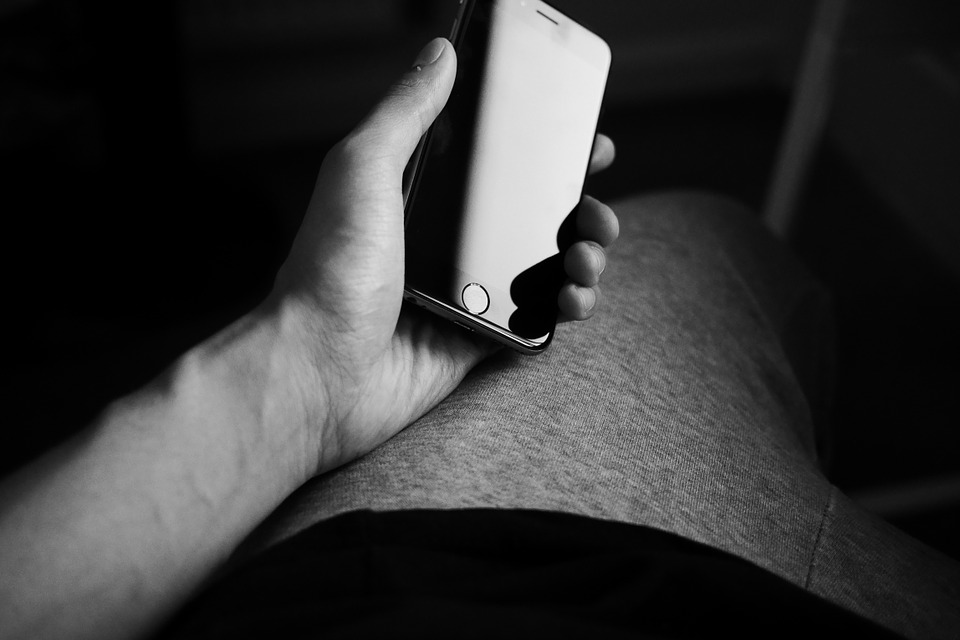A federal judge from the District Court for the Northern District of California has ruled that the police cannot force anyone to unlock a phone, either via Face ID or with their fingerprints.
The ruling has been hailed as a landmark decision and it aims to reinforce the Fifth Amendment – the one where the government is forbidden from forcing anyone to give any evidence that might incriminate them. That also includes your right as an American citizen to not talk to the police if you don’t want to.
Previously, police was allowed to force-unlock devices with either fingerprints, Face ID or iris scans, in spite of the fact that they could not force the suspects to tell them their passcode. But now, according to this new ruling, all logins are considered equal.
Judge Kandis Westmore is responsible for the decision, following a case that revolved around an extortion scam where the suspect demanded money in order not to release some alleged “embarrassing videos”.
The Police have asked for a search warrant that would allow them to unlock any smartphone they might have found at the location via either fingerprint, Face ID or iris scan.
Judge Westmore denied the warrant on the grounds that searching all phones that might be found on location would be too broad of a stretch. The judge also considered biometric features to not be any different from passwords and, forcing someone to unlock their phone would go against the Fifth Amendment.
“If a person cannot be compelled to provide a passcode because it is a testimonial communication, a person cannot be compelled to provide one’s finger, thumb, iris, face, or other biometric feature to unlock that same device.” the judge stated “The undersigned finds that a biometric feature is analogous to the 20 nonverbal, physiological responses elicited during a polygraph test, which are used to determine guilt or innocence, and are considered testimonial.”
Andrew Crocker, senior staff attorney at the digital rights nonprofit Electronic Frontier Foundation has said that this is a ruling that has went further than any other before.
“While that’s a fairly novel conclusion, it’s important that courts are beginning to look at these issues on their own terms,” Crocker went on to say “In its recent decisions, the Supreme Court has made clear that digital searches raise serious privacy concerns that did not exist in the age of physical searches—a full forensic search of a cellphone reveals far more than a patdown of a suspect’s pockets during an arrest for example.”
While no one has attacked the judge’s decision yet, this ruling could still be overturned by a judge belonging to the district court.
Follow TechTheLead on Google News to get the news first.

























